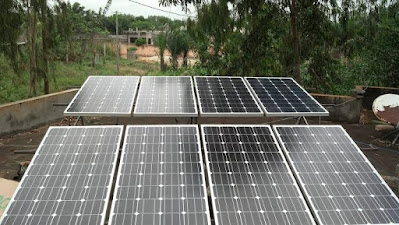Climate Change Mitigation

Climate change mitigation is the process of cutting, reducing or absorbing emissions of greenhouse gases in order to alleviate or stop further climatic changes. Climate change mitigation is the main reason for all the legal agreements and pacts that have been made over time. Climate is changing, and will continue to change in the near future unless very big changes are made in the way the world consumes planetary resources and develops. To examine mitigation, it is essential to look at the major sources of ghg emissions. Energy makes up two thirds of global emissions while agriculture and related has the last third. By sector, electricity production accounts for 25%, industry produces 21% and transport emits 14%. Agriculture, forestry and other land use (AFOLU) is responsible for 24%. Buildings release 6% and other categories of energy contribute 10%. Fossil fuel use is responsible for most of the greenhouse gas emissions. Energy is necessary for development, and to this day,...
